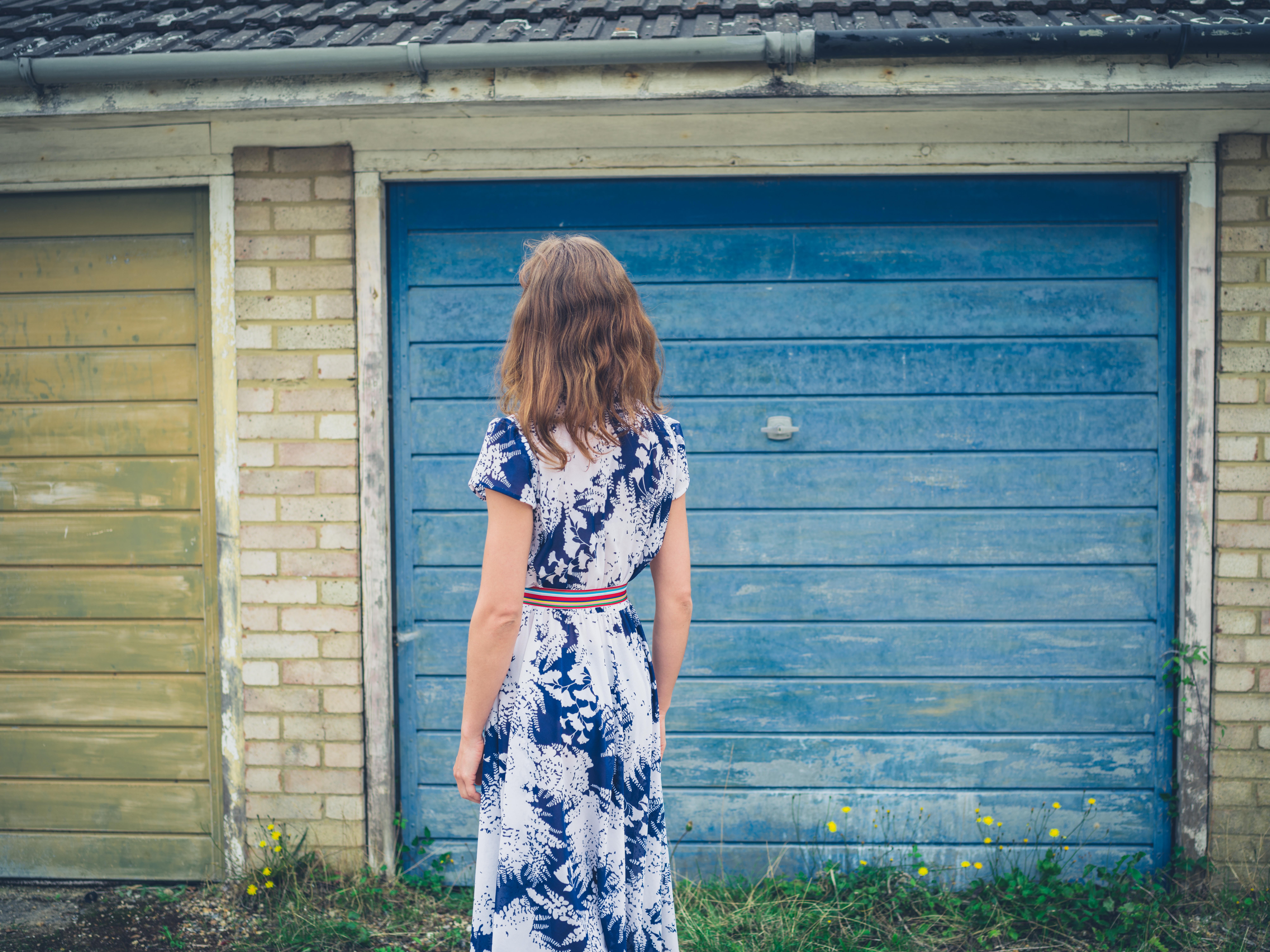Got an unused garage, driveway or spare room? Renting it out for storage could bring in extra cash
These unused spaces could be a great source of ‘passive income’. Lisa Salmon finds out more.

Your support helps us to tell the story
From reproductive rights to climate change to Big Tech, The Independent is on the ground when the story is developing. Whether it's investigating the financials of Elon Musk's pro-Trump PAC or producing our latest documentary, 'The A Word', which shines a light on the American women fighting for reproductive rights, we know how important it is to parse out the facts from the messaging.
At such a critical moment in US history, we need reporters on the ground. Your donation allows us to keep sending journalists to speak to both sides of the story.
The Independent is trusted by Americans across the entire political spectrum. And unlike many other quality news outlets, we choose not to lock Americans out of our reporting and analysis with paywalls. We believe quality journalism should be available to everyone, paid for by those who can afford it.
Your support makes all the difference.As the cost of living crisis escalates, many people are desperate to bring in extra cash – and perhaps some need look no further than their own homes.
Renting out storage space in your home or garage could be a means of making ‘passive money’, with very little effort or intrusion into privacy for homeowners. You don’t need to have a warehouse-sized space free, either – spare rooms, loft space, basements, garages and even sheds and driveways could all potentially be rented out.
Although storage space is more in demand in large urban areas, especially London, storage experts say there’s a need even in rural areas for what’s called ‘peer-to-peer storage’. And Storemates (storemates.co.uk) says storing your stuff in other people’s homes saves an average of 50% when compared to commercial self-storage – potentially benefiting both parties financially.
“Physical space is a fundamentally scarce resource,” explains Anthony Paine, CEO and co-founder with David Mantle of peer-to-peer space marketplace Stashbee (stashbee.com). “Increasing cost of living and property price inflation are just some of the factors making it harder for people to find spare space at an accessible price, where they need it, and with the access and security features they require.”
Paine says storage spaces in private homes are used for everything from house contents that need storing during moves or refurbishments, to stock for small businesses, classic cars or movie props. One storage space on Stashbee was even used to store several tonnes of chocolate!
As well as renting out storage space through companies like Stashbee, which provide insurance for anyone storing their belongings and will chase renters who don’t pay, householders can also try a DIY approach, by advertising their space in classified adverts in newspapers or on websites and social media. But whichever way it’s done, the idea is for it to be convenient for both host and renter.
“Hosts are in complete control of what kind of renters they provide storage or parking to, including deciding how much access they’re willing to provide,” says Paine. If someone rents out their basement, for example, he says they’ll often choose to only provide drop-off and pick-up access, which may be suitable for someone moving abroad who doesn’t need access to their belongings until they return.
“A host with a garage will often select ‘key provided for access’, allowing their renter to come and go as they please,” he adds. “Many of our hosts have had multiple renters back-to-back over the years, earning thousands of pounds in income they wouldn’t have otherwise.”
Here, Paine talks through which areas in the home tend to be rented for storage and how much money can potentially be made…
Garages
According to the RAC, around 5.7 million garages in the UK aren’t used to store cars, and are often full of clutter. If householders cleared their own clutter out and rented the space, they could charge an average £0.94 per square foot, says Paine, potentially earning £147 a month.
Basements or cellarsPaine says basements have superb storage space potential, and through Stashbee, the average rental charge for a basement is £0.91 per square foot, with an average earning potential of £181 per month.
LoftsLofts can provide considerable space, and their earning potential could be extremely lucrative, notes Paine. He says the average price per square foot to rent a loft for storage is £2.70, meaning householders can earn as much as £891 a month.
Spare rooms
Research by room-share platform idealflatmate.co.uk estimates there are around 18.6 million spare rooms in the UK, meaning there’s a huge amount of money that could be made from renting them out – not to a lodger, but to someone who needs the space for storage. Paine says spare rooms can be rented for storage at an average cost of £0.73 per square foot, earning hosts an average of £83 per month.
Parking spaces and driveways“Brits have been cashing in on renting their empty spaces to those looking for cheaper alternatives to annual subscriptions for parking,” says Paine, who estimates householders can earn an average of £213 per month by renting out parking spaces or driveways. Although estimated rentals are per month, he says parking spaces and driveways can also be rented for as little as a few hours.
ShedsPaine says sheds provide secure storage spaces for people who may not have spare space within their homes, and also offer excellent earning potential for householders who rent them out, with an average price of £2.35 per square foot through Stashbee, providing an average income of a whopping £1,455 a month.